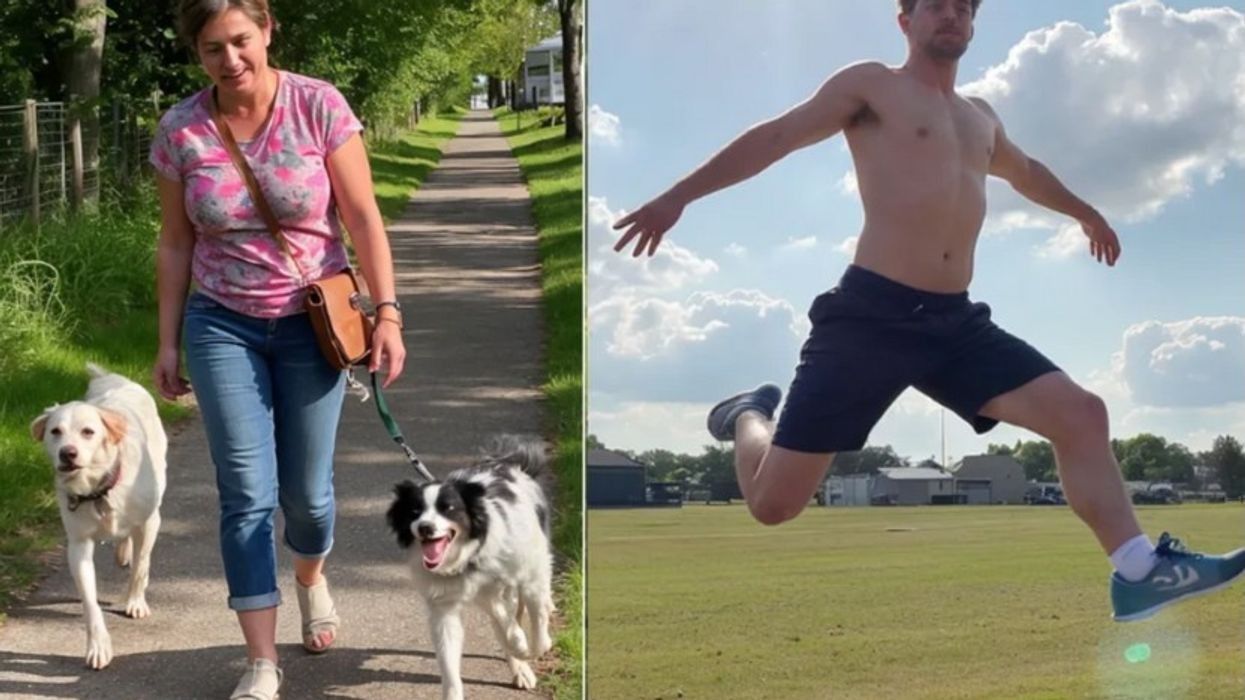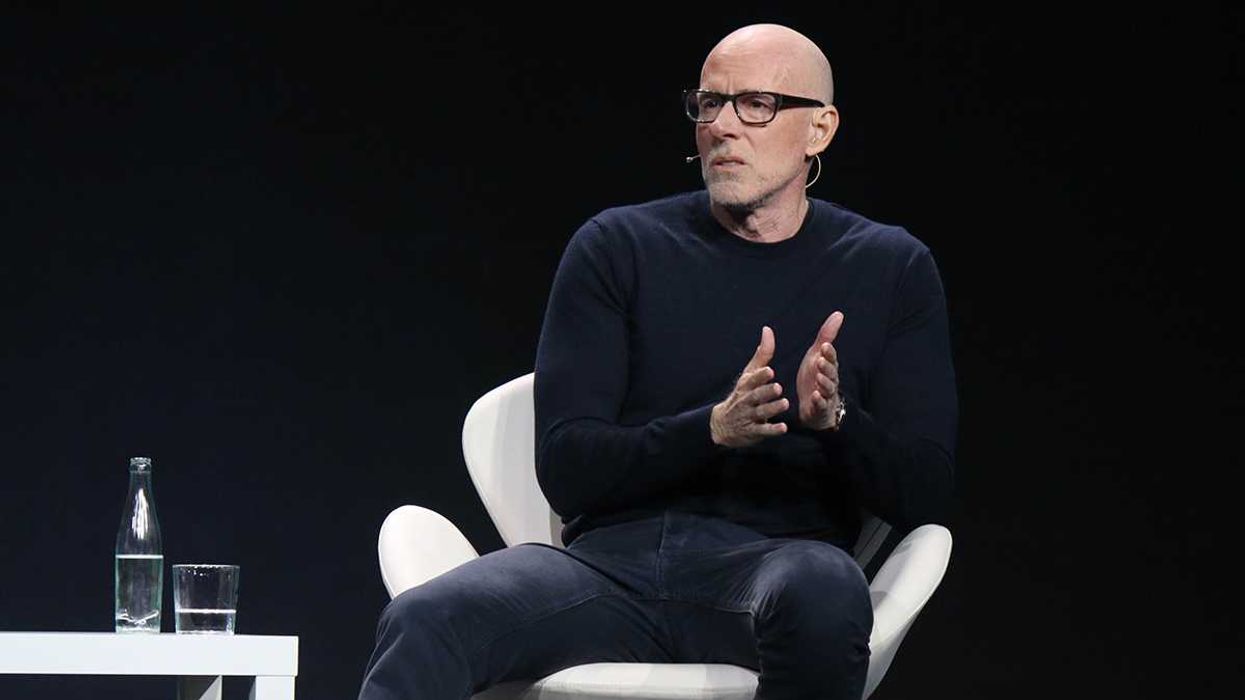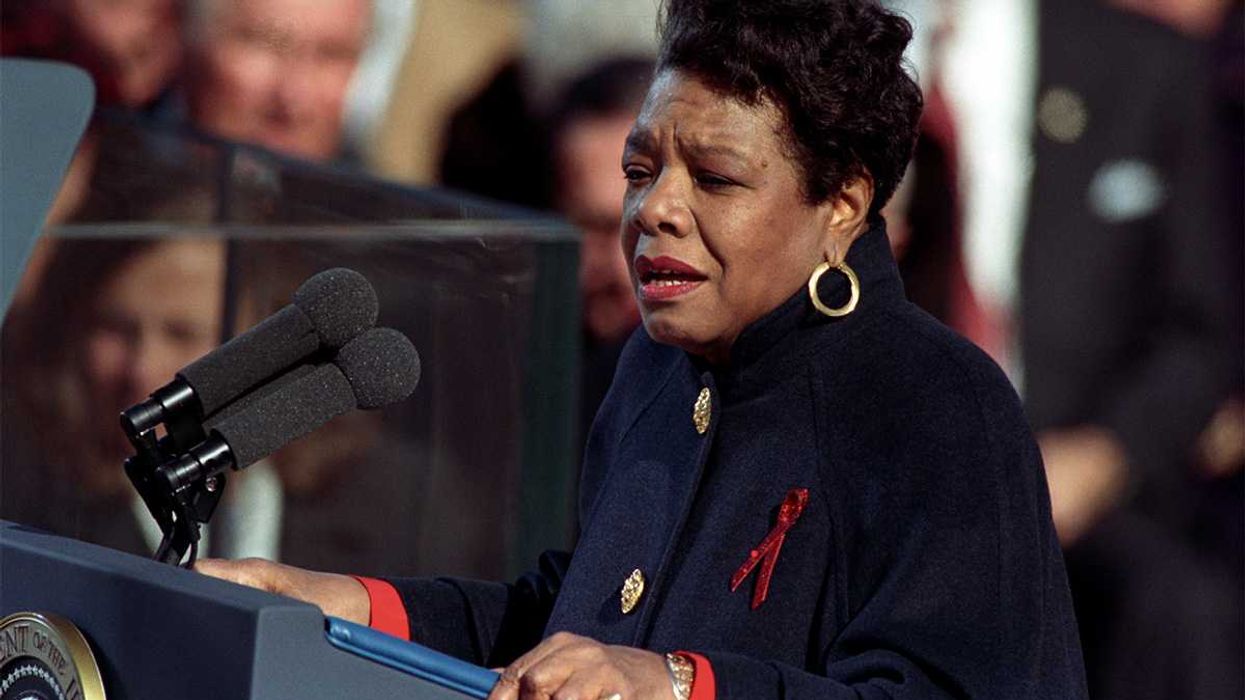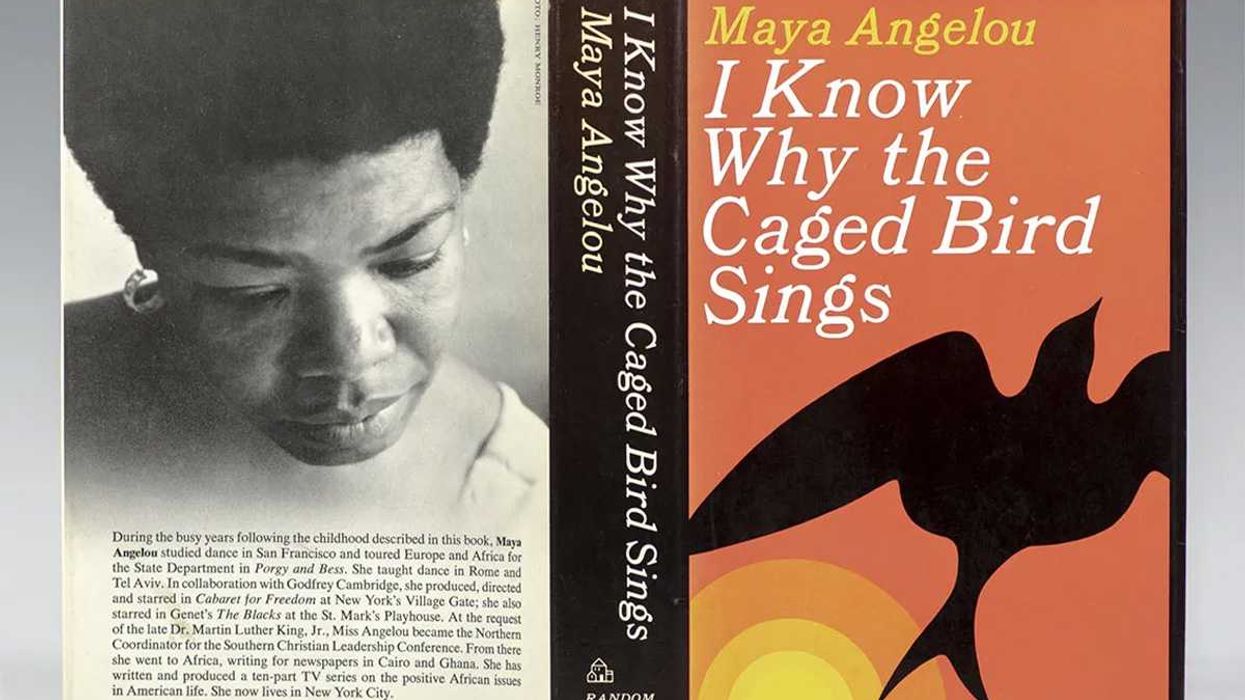The State of California Board of Education was recently looking into a new policy of recommending textbooks that include “fair, accurate, inclusive, and respectful representations” of LGBTQ people. And on Nov. 9, the state approved 10 LGBTQ-inclusive history textbooks for kindergarten through eighth-grade classrooms, becoming the first state in the U.S. to do so.
The new legislation requires the curriculum include contributions made by members of the LGBTQ community and people with disabilities. The new curriculum will also mention the sexual orientations of historical figures who were LGBTQ, where previously it had been omitted.
The state rejected two books because they failed to abide by California’s 2011 FAIR Education Act. The books did not disclose the sexuality of historical figures believed to be LGBTQ, including Emily Dickinson, Walt Whitman, Ralph Waldo Emerson, Nathaniel Hawthorne, and President James Buchanan. The publisher, Houghton Mifflin Harcourt, responded to the rejection by saying, “HMH feels that the terms lesbian, gay, bisexual, transgender, and queer are contemporary terms that may not map well on past lives and experiences.”
“This long fought victory is the next step for California students to learn about the contributions and history of LGBTQ people,” said Rick Zbur, the executive director of Equality California. “Approval of these textbooks means that California schools will now have access to approved materials that accurately represent LGBTQ people, and Equality California applauds the State Board of Education for this historic decision.”
LGBTQ visibility in textbooks is important because it uncovers the valuable contributions these people have made to society. It also provides role models for young people looking to better understand their sexual orientation. When young people see themselves in history, it’s easier for them to find their place in today’s world.

















 Self reflection.Photo credit
Self reflection.Photo credit  Older woman touching hands with a younger self.Photo credit
Older woman touching hands with a younger self.Photo credit  Sign reads, "Regrets Behind You."Photo credit
Sign reads, "Regrets Behind You."Photo credit 
 Couple talking in the woods.
Couple talking in the woods. Woman and man have a conversation.
Woman and man have a conversation. A chat on the couch.
A chat on the couch. Two people high-five working out.
Two people high-five working out. Movie scene from Night at the Roxbury.
Movie scene from Night at the Roxbury.  Friends laughing together.
Friends laughing together.
 Maya Angelou reciting her poem "On the Pulse of Morning" at President Bill Clinton's inauguration in 1993.William J. Clinton Presidential Library/
Maya Angelou reciting her poem "On the Pulse of Morning" at President Bill Clinton's inauguration in 1993.William J. Clinton Presidential Library/  First edition front and back covers and spine of "I Know Why the Caged Bird Sings."Raptis Rare Books/
First edition front and back covers and spine of "I Know Why the Caged Bird Sings."Raptis Rare Books/ 

 Tow truck towing a car in its bedCanva
Tow truck towing a car in its bedCanva  Sad woman looks at her phoneCanva
Sad woman looks at her phoneCanva  A group of young people at a house partyCanva
A group of young people at a house partyCanva  Fed-up woman gif
Fed-up woman gif Police show up at a house party
Police show up at a house party 
 A trendy restaurant in the middle of the dayCanva
A trendy restaurant in the middle of the dayCanva A reserved table at a restaurantCanva
A reserved table at a restaurantCanva Gif of Tim Robinson asking "What?' via
Gif of Tim Robinson asking "What?' via 

 An octopus floating in the oceanCanva
An octopus floating in the oceanCanva